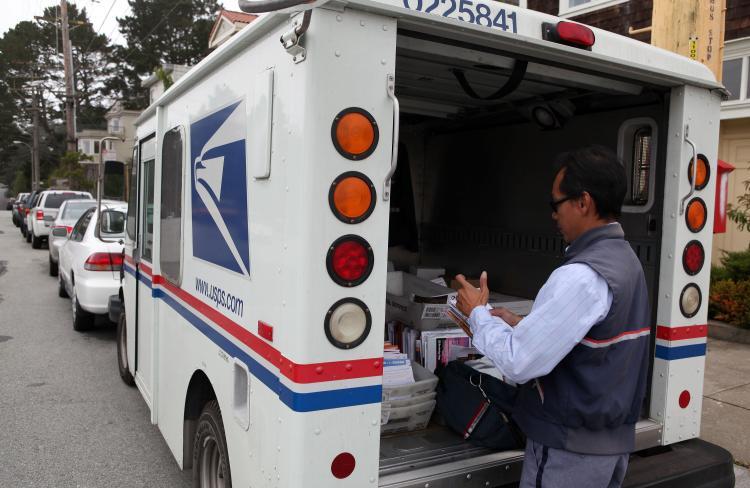The same law that has been cited by the U.S. Postal Service (USPS) as the basis for a sweeping intelligence program has also been interpreted to be highly restrictive on postal policing activities—raising questions among some critics regarding the legitimacy of USPS surveillance power.
When Postal Police Officers Association President Frank Albergo first read a leaked U.S. Postal Inspection Service (USPIS) memo about the monitoring of conservative anti-lockdown protestors, something in the fine print caught his eye.




